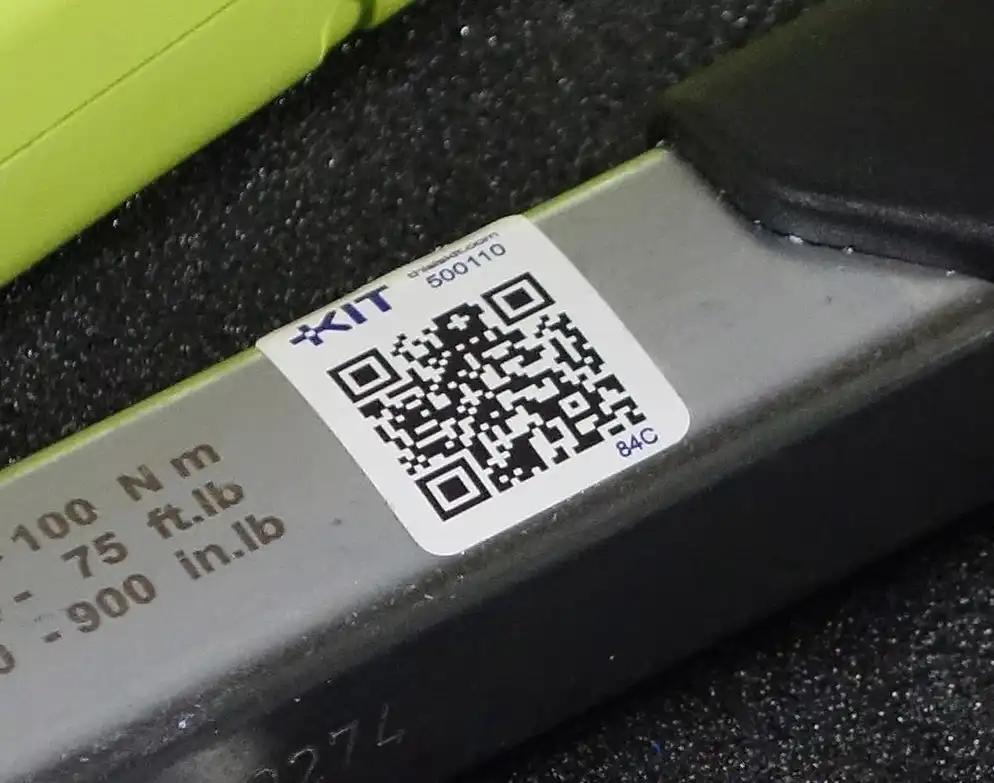Overcoming Calibration Chaos: Streamlining Tooling and Equipment Management
In any organisation where precision and accuracy are paramount, keeping tooling and equipment calibrated and tested is critical.
Yet, for Quality and Metrology managers, the process of gathering these tools for calibration often feels like herding cats.
Colleagues might overlook prompts and reminders, and relying on spreadsheets can make the entire process feel reactive and cumbersome. However, there are strategies that can ease this burden, such as systems that automate effective email prompts and reminders—provided the responsibility doesn't solely fall on the Quality and Metrology departments—along with implementing 5S and Visual Management solutions.
The Challenges of Gathering Tools for Calibration
One of the most frustrating aspects of managing calibration schedules is the tendency for prompts and reminders to go unnoticed or unheeded. Whether it's an email, a message on a collaboration platform, or even a physical reminder in the workspace, these notifications often fail to catch the attention they require. The reasons for this are many:
- Email Overload: Inboxes are inundated with messages, and calibration reminders can easily get lost amidst more urgent or seemingly important communications. More notably, notifications are often not regular enough to prompt action, as it typically falls on a manual process to send and await a reply or action.
- Lack of Immediate Relevance: For many employees, calibration doesn't seem immediately relevant to their daily tasks, leading to deferment.
- Cognitive Overload: Employees juggling multiple responsibilities might not prioritise calibration tasks, especially if they don't see immediate consequences for delays.

Reactive Spreadsheet Management
Spreadsheets are a common tool for tracking calibration schedules, but they often lead to a reactive rather than proactive approach:
- Outdated Information: Spreadsheets require constant updating, and it's easy for data to become outdated, leading to missed calibration dates.
- Lack of Real-Time Visibility: Spreadsheets don't provide real-time visibility of tool locations and statuses, making it hard to quickly identify and retrieve items due for calibration.
- Manual Errors: The manual nature of spreadsheet management introduces a higher risk of errors, which can complicate the calibration process further.
"Real-time visibility of tool statuses and locations allows for more proactive management, reducing the reactive nature of the process.